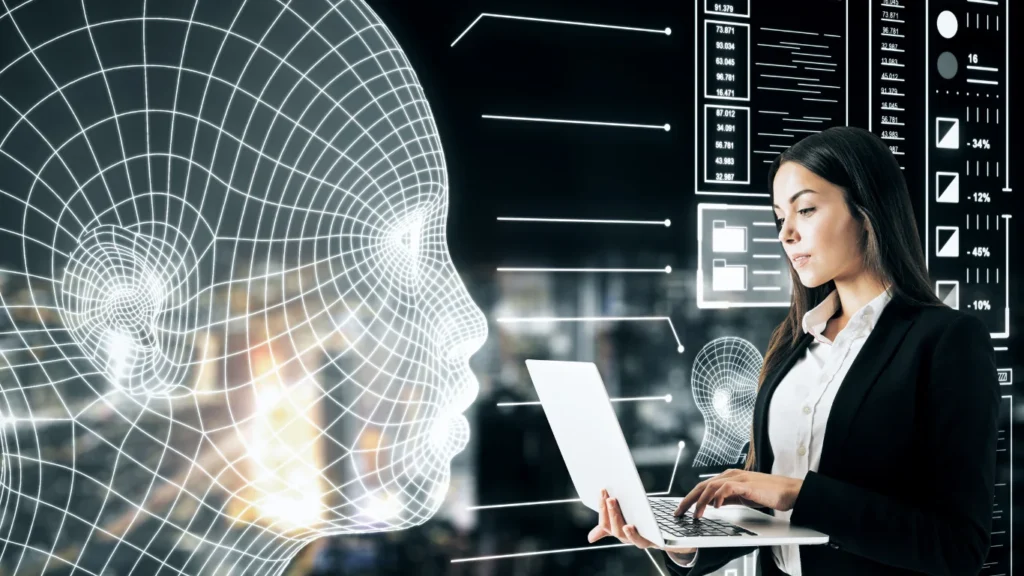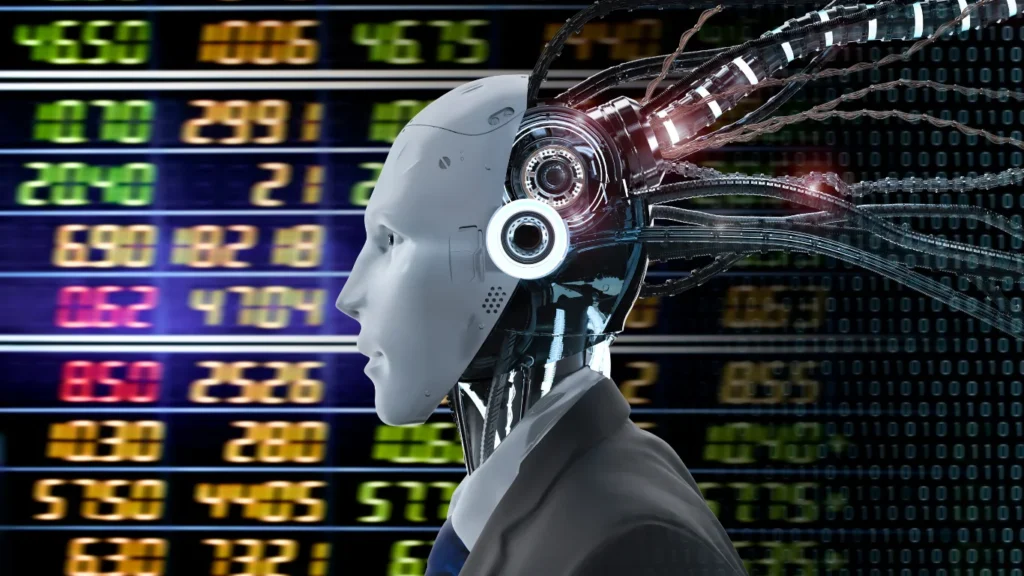Artificial Intelligence (AI) has become the most used buzzword in today’s technologically advanced world. But what is AI? And how does AI work? In this comprehensive guide, we’ll delve into the intricate world of AI, providing an in-depth understanding of its meaning, technology, and practical applications.
What is Artificial Intelligence: AI Meaning and Definition
AI, also known as Artificial Intelligence, is the brainchild of human ingenuity that gives machines the ability to mimic human intelligence. The primary goal of AI is to allow technical systems to perceive their environment, interact, solve problems, and perform actions to achieve a specific purpose. AI systems are capable of adapting their actions based on the analysis of the effects of their previous actions, thereby working autonomously.
The Importance of AI
AI technologies have existed for over half a century. Still, recent advancements in computing power, data availability and new algorithms have led to significant breakthroughs. AI is central to the digital transformation of society and has become a priority across global industries. The future applications of AI are predicted to bring significant changes. Still, AI is already ingrained in our everyday lives, from online shopping and advertising to web search and digital personal assistants.
How Does AI Work?
AI relies on labelled training data to identify patterns and predict future outcomes. It analyses this data for correlations and uses these patterns to make predictions. For instance, a chatbot fed with examples of text can learn to generate lifelike interactions with people. AI programming focuses on cognitive skills, including learning, reasoning, self-correction and creativity.
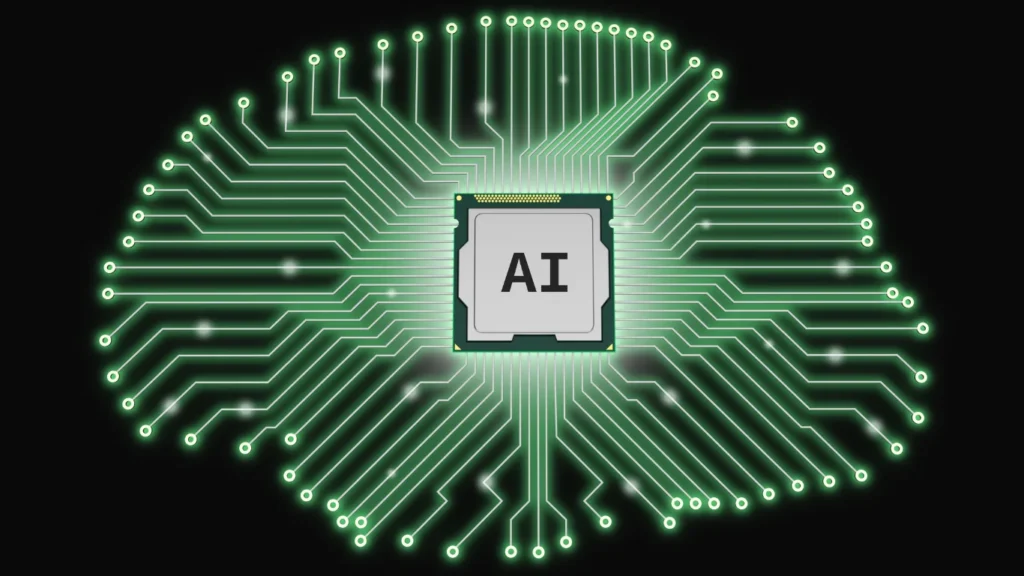
Artificial Intelligence, commonly known as AI, refers to a type of advanced technology that is also referred to as “machine learning”. It uses algorithms trained on data to help it detect patterns. This helps it make predictions and recommendations. Deep learning is a sub-type of machine learning that can process more types of data sources. It often produces more accurate results than machine learning.
Types of AI
AI can be categorised into different types, namely:
- Weak AI: Weak AI, also known as narrow AI, is specifically designed and trained to complete a single task, such as Apple’s Siri.
- Strong AI: Artificial General Intelligence (AGI), also known as Strong AI, has the ability to replicate human cognitive abilities, apply knowledge across domains, and solve problems autonomously.
Generative AI
Generative AI is an AI model that generates content in response to a prompt. These models learn from a huge amount of data and generate responses based on those learnings. Generative AI has the biggest potential to revolutionise a range of jobs and industries, from IT and software organisations to marketing and sales.
AI in Everyday Life
AI has easily integrated into our daily lives, often without us realising it. Examples of AI applications that you may not recognise as AI-powered include:
- Online Shopping and Advertising: AI provides personalised recommendations and optimises products, planning inventory and logistics.
- Web Search: Search engines learn from vast amounts of data searched by their users to provide relevant search results.
- Digital Personal Assistants: Devices like smartphones use AI to provide personalised and relevant services.
- Machine Translations: Language translation software relies on AI to provide and improve translations.
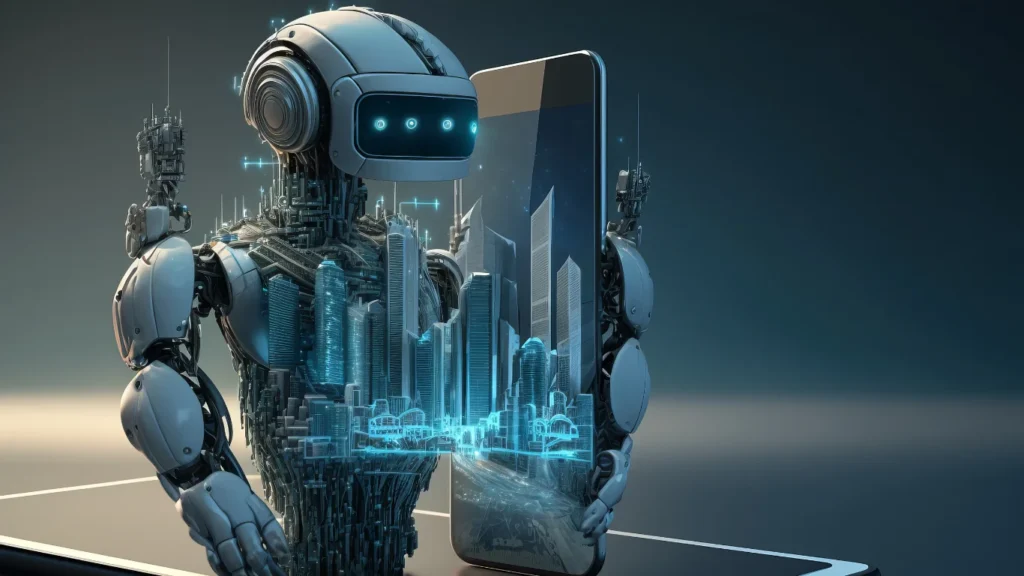
Business Applications of AI
AI has the potential to make business operations more efficient and profitable. It can benefit organisations in various sectors, from healthcare and finance to transportation and manufacturing. It can also be used to streamline logistics, improve customer service, and enhance predictive maintenance.
Future of AI
The potential of AI in the future is immense. As per Moore’s Law, advances in computing technology suggest that the number of transistors on a microchip will double around every two years while the cost of computers will reduce by half. This has had a significant impact on modern AI techniques.
Limitations and Challenges of AI
Despite the vast potential of AI, it also comes with its share of challenges. The development costs of AI are high, and there is a possibility that automated machines could replace human jobs. However, the AI industry also stands to create new jobs, some of which still need to be invented.
AI Regulation
As AI technology grows more complex, it has increasingly drawn scrutiny from regulators across the world. The EU AI Act and the AI Bill of Rights are examples of regulatory frameworks aiming to ensure the ethical use of AI.
AI in Various Sectors
AI is set to transform practically all aspects of life and the economy. It has been successfully applied in healthcare for diagnosing diseases, in finance for detecting fraud, in the entertainment industry for targeted advertising, and in IT processes for automating many tasks.
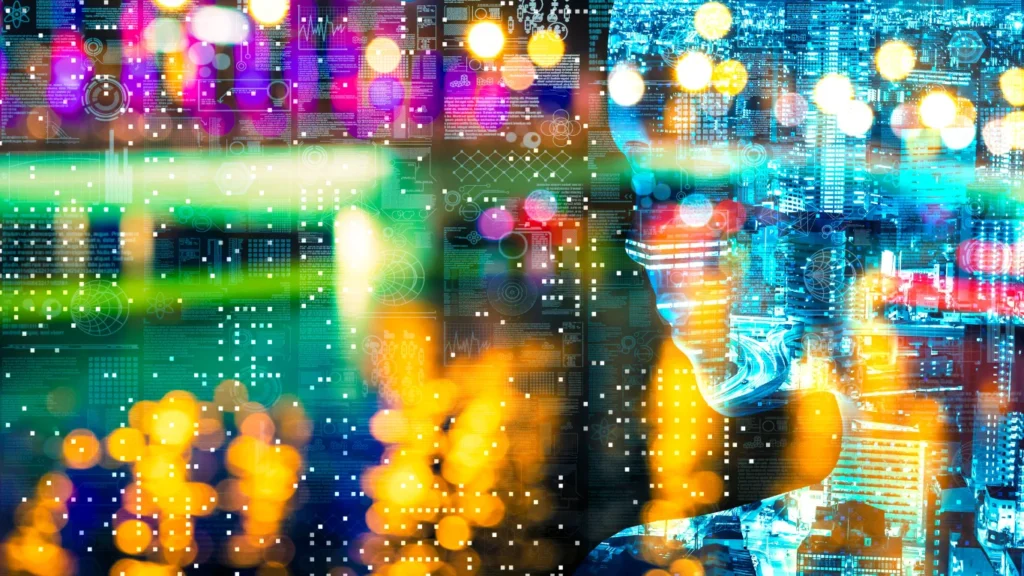
Bottom Line
AI is an amazing and revolutionary technology that is rapidly evolving and holds immense potential. However, the value of AI is not just in the systems themselves but in how companies use these systems to assist humans. As AI continues to advance, it’s vital for businesses to understand its potential and implications and to use it responsibly and ethically.
FAQ
What is AI?
Artificial Intelligence (AI) is when machines are designed to think and learn like humans. This means they can remember things, adapt to new situations, and do tasks that normally require human intelligence.
How does AI work?
Artificial Intelligence, or AI, learns from patterns in data by using smart algorithms. These algorithms process large amounts of data quickly and efficiently. By doing this, AI can automatically learn and improve its abilities.
What are the applications of AI?
AI has applications in various sectors like healthcare, finance, transportation, entertainment, IT processes, and more.
How is AI regulated?
Various global and national laws regulate AI, such as the EU AI Act and the AI Bill of Rights.
What is the future of AI?
The future of AI holds immense potential, with advancements expected in computational power, algorithm development, and data availability. As AI continues to evolve, it’s likely to transform all aspects of life and the economy.

